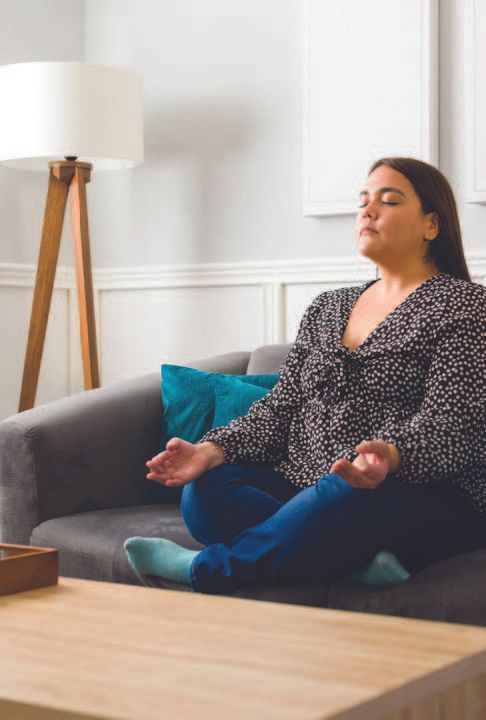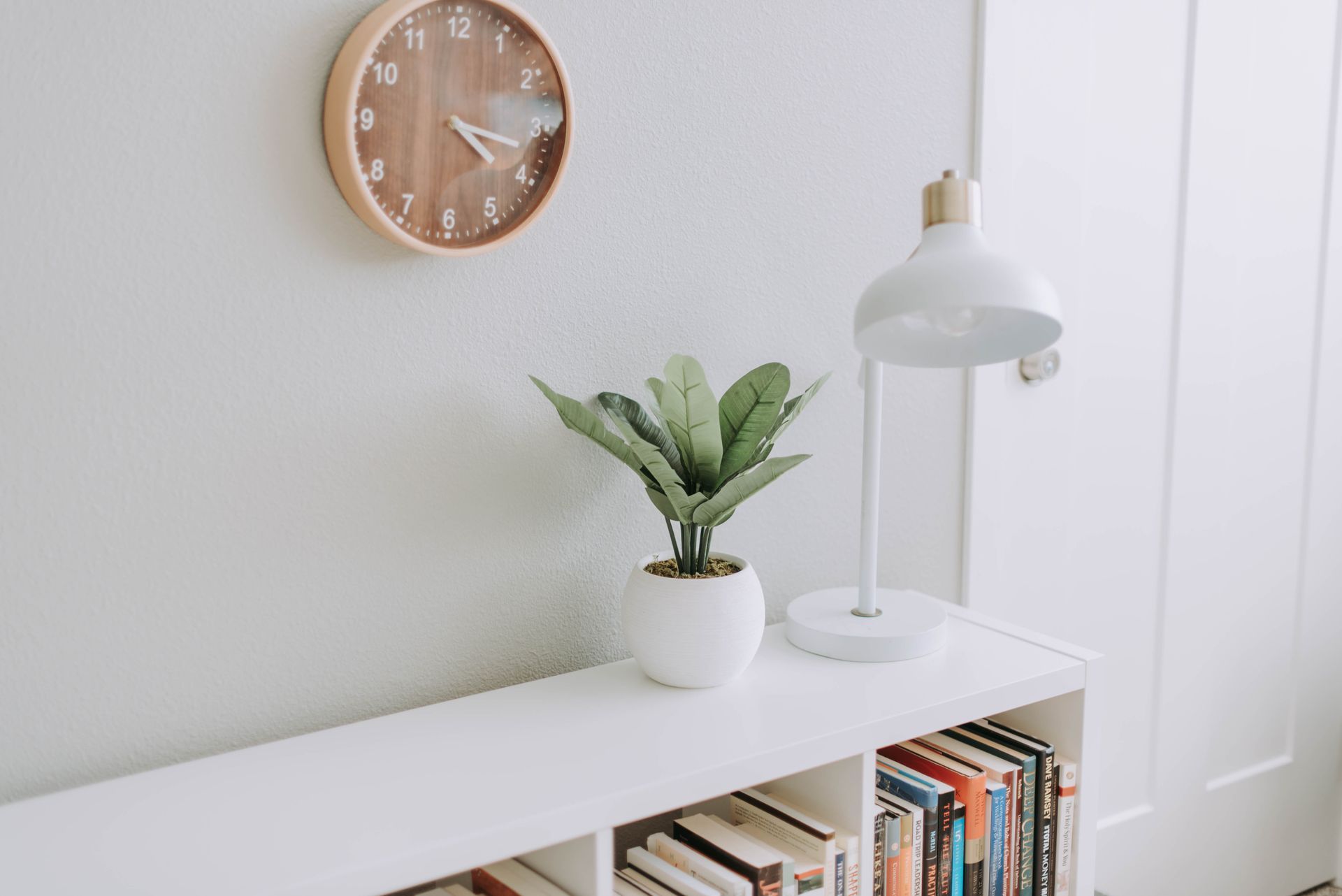Healthy Air, Healthy Breathing, Healthy Life!
“If I had to limit my advice on healthier living to just one tip, it would be simply to learn how to breathe better."
Andrew Weil, M.D.

Do you spend much time thinking about breathing? Do you think about how you breathe or what you breathe? Probably not, unless you are momentarily struggling to breathe, or you’re in an area experiencing a bad wildfire episode. When we can’t breathe, breathing becomes the most important thing in life, the only thing.
Last October in our beautiful Pacific Northwest, we had the worst air quality in the world! Let this sink in for a moment: fresh air is no longer a given in our area.
Breath touches every cell with life-giving oxygen or toxic particles. According to Dr. Belisa Vranich (from her book Breathe), our personal breath quality can negatively or positively affect an amazing number of things: our stress and pain levels, our energy, sleep quality, mood, cravings, neck and shoulder comfort, mental clarity, memory, digestion and even endurance!
At the Puget Sound Asthma Coalition (PSAC), we learn about air quality and asthma and how tiny air pollution particles can travel deep into our lungs and even find their way into the bloodstream. These tiny particles affect not only our respiratory system but also our brain. They can impact the nervous, cardiovascular, endocrine, renal and reproductive systems. Air quality matters to our every cell. For visual learners, I recommend this short video from the American Lung Association: How Air Quality Affects Our Lungs: youtu.be/Aabz4MHXgT4.

What can you do? Here are some daily steps you can take to contribute to our air quality and improve how you breathe:
1. Improve the quality of your breath.
Learn better breathing and practice better breathing. Yoga, Tai chi, and Qi gong are especially good practices for breath. My favorite breath is ‘the Breath of Joy’ found in Amy Cuddy’s book Presence. “Breathe and exhale slowly and deeply through your nose; your breathing is very regular, and your rib cage relaxed.” Then soften your breath further by thinking of something that makes you smile.
2. Increase your home’s ventilation.
Run your exhaust fans when you are cooking, showering, doing laundry or cleaning. Do use air filters (especially during times when wildfires affect our air quality) to filter out those tiny particles. Bring fresh air into your home. If the air quality outside is poor, keep your windows closed. You can check your current air quality at: airnow.gov.
3. Minimize air contamination.
Use safer cleaning products (you can find many at Marlene’s), don’t smoke, reduce sources of smoke from candles, cooking and fireplaces. Please don’t spray chemicals and cleaners into the air, but spray them directly onto a surface or into a cloth for cleaning. Look for 3rd party verifications like Safer Choice (epa.gov/saferchoice) or Environmental Working Group (ewg.org/endorsements).
4. Keep your home clean and simple.
Clutter makes cleaning harder and gathers dust bunnies.
5. Improve our outdoor air.
This summer, go electric with your yard tools. Upgrade to electric powered lawnmowers, trimmers and weed eaters. Or better yet, borrow them at our Tool Libraries. There is one in Federal Way and one in Tacoma and soon to be another in Auburn!
Most of all, relax, be present, and care about yourself and our environment. Clean air is a human, animal, and planet essential and our quality of life depends on our caring and attention!
Denise Frakes is a Home & Life Coach and Facilitator of the Puget Sound Asthma Coalition. She specializes in healthy homes, joyful work and healthy lifestyles. Learn more about her work at DeniseFrakes.com and about the Puget Sound Asthma Coalition at breathing-space.circle.so/ home.










